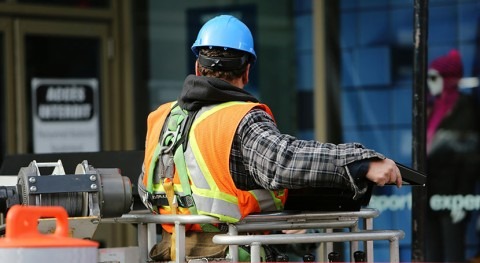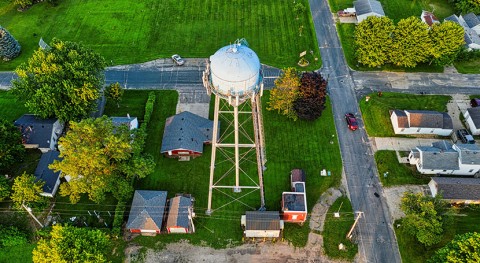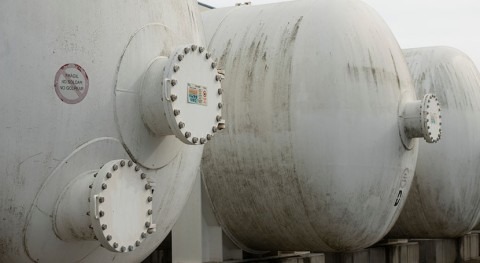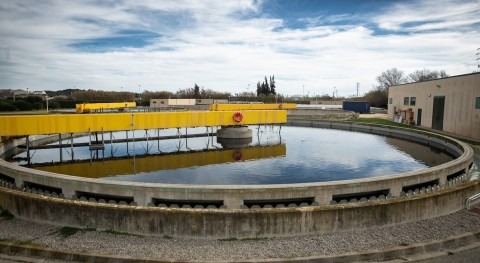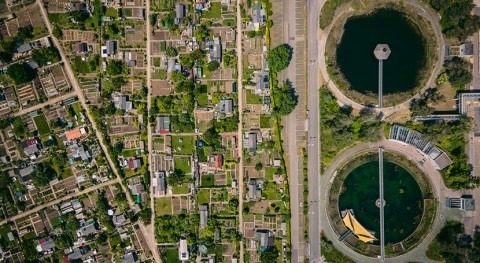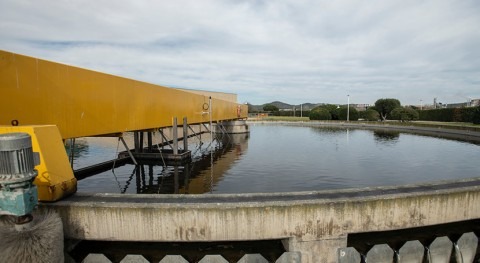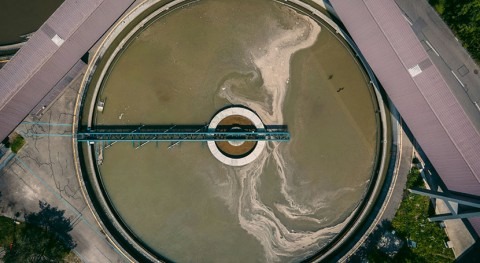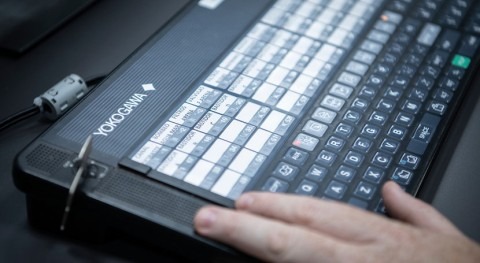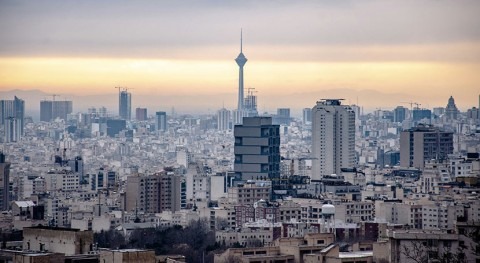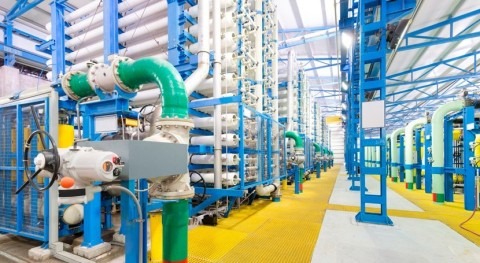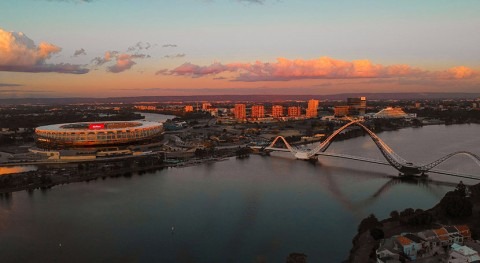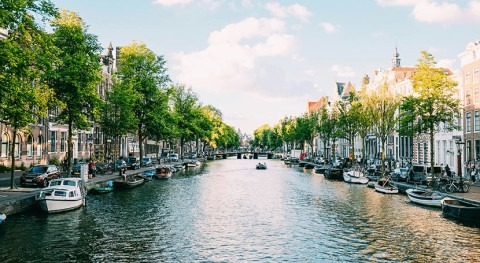Traces of SARS-CoV-2, the virus that causes COVID-19, have been detected in the Paris sewage system again since the end of June, reports Reuters.
Before the end of June, the COVID-19 had disappeared from wastewater samples in the French capital when the country went into lockdown, said the head of the laboratory leading the research.
Similar research in The Netherlands, the United States, Australia, and other countries have shown that sewage analysis can potentially detect community spread of COVID-19, even before cases are found through the testing of individuals
There have been 30,000 coronavirus deaths in the city to date; however, infection rates are subsiding, although local authorities have made wearing face masks mandatory in enclosed public spaces this week because of various localised breakouts of the virus.
Laurent Moulin, head of the research laboratory that is run by Eau de Paris, the publicly owned company responsible for the public water supply for the city of Paris, warned that the findings on their own did not necessarily mean the comeback of the disease in the capital since the lockdown restrictions were eased across France.
However, when combined with other data it can be an effective early warning sign of the coronavirus spreading, even before the population start feeling symptoms, added Moulin.
“We had the lockdown, which reduced the number of sick people, and then a little while later we saw a reduction of the concentration of SARS-CoV-2 in the waste water,” Moulin told Reuters, referring to the strain of virus behind the COVID-19 epidemic.
“What are we seeing from the end of June? We’ve seen some locations that were negative (for virus traces) and are becoming positive,” he said.
How are the wastewater samples collected?
Samples of waste water are filled up in plastic bottles by workers at a sewage plant in Noisy-le-Grand, a commune in the eastern suburbs of Paris, and then placed in a cool box. Then, a ferry transports the bottles to the laboratory, located in the southern outskirts of the city, where researchers in biohazard suits and masks test them.
Moulin said the evidence his teams gather from the sewage system would feed into models that are being used to analyse the progression of the virus.
Parisian scientists released findings in April that demonstrated how sampling sewage water in the capital for 30 days tracked the same curve of the rising and falling epidemic there.





